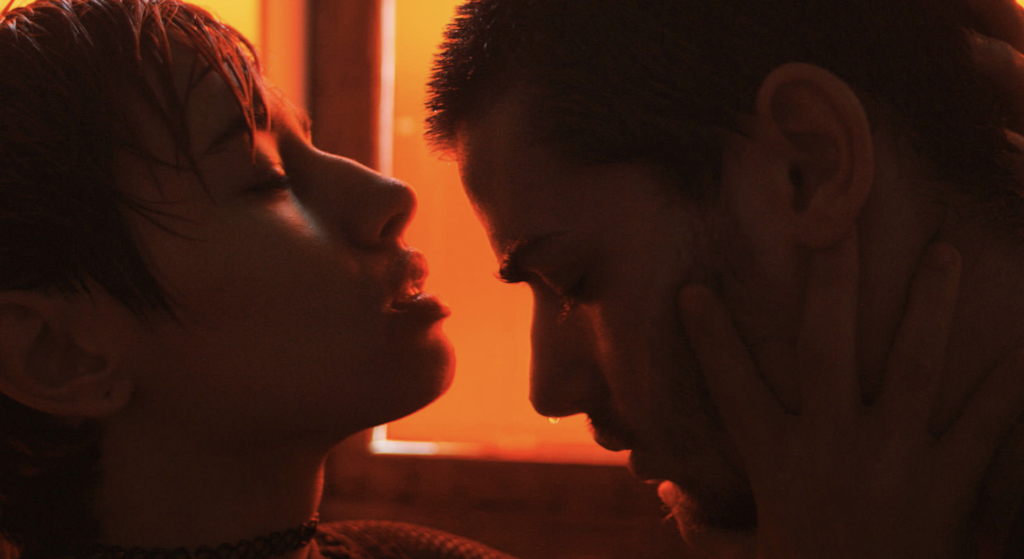
Los filmes españoles incluidos en el programa son los siguientes:
All the sections have Spanish representation, including the film that will close this edition on the 28th, "A Blues for Tehran", Javier Tolentino's first film, out of competition.
The director of the Festival, Alejandro Díaz Castaño, emphasizes that "thanks to our Programming team, with Fran Gayo at the front, this FICX responds more than ever to prioritizing quality over quantity. A selection that exquisitely combines budding new talent with the great names of contemporary audiovisuals in our country. All of them are united by risk, research, reflection, nonconformity and even provocation, in the highest sense of the term".
The Spanish films included in the programme are the following:
Retueyos Competition
“9 fugas”. Fon Cortizo, 2020. A young worker in a fish market, a silent boat and a group of improvisers who investigate the sounds of the past to bring to light three forgotten stories.
“Amor sin ciudad”. Pedro Sara, Violeta Pagán, 2020. Eleven honest and direct stories, young and necessary as their protagonists, which emerge from the pedagogical, therapeutic and cinematographic experience of the Dentro Cine School organized by Pedro Sara and Violeta Pagán ("Las edades sensibles de la luz") in Matadero Madrid.
“Entre perro y lobo”. Irene Gutiérrez (Spain, Cuba, Colombia), 2019. Defined by its director as a jungle movie set in two continents, it composes, together with the celebrated Hotel Nueva Isla, an extraordinary diptych about anonymous combatants of the Cuban Revolution, dealing here with a little known episode: their participation in the war in Angola.
“Transoceánicas”. Meritxell Colell Aparicio, Lucía Vassallo (Spain, Argentina), 2020. FICX is premiering this exciting work in Europe, produced by four hands and conceived on the structure of an epistolary film, at the bottom of which beats the desire of two filmmakers to maintain their friendship, their mutual learning and their desire to continue making films together.
“Un blues para Teherán” (Out of Competition). Javier Tolentino, 2020. By superimposing stories and characters in a mosaic fashion, Tolentino escapes from conventional narrative to let himself be drawn into a sensitive and humanistic journey which, inspired by masters such as Kiarostami, combats prejudices and reveals fundamental and unknown aspects of the Persian people. This is the closing film of this 58th edition of FICX.
Albar Competition
“Subterranean”. Gabriel Velazqueti, Manuel Matanza, 2020. Un día metes todo lo que cabe en una maleta y dejas toda tu vida atrás: trabajo, familia, amigos e incluso el piso en el que vives. Y un día te despiertas en la furgoneta que se ha convertido en tu hogar cerca de la frontera entre México y EE.UU.
“Vaca mugiendo entre ruinas”. Ramón Lluís Bande, 2020. Una historia del Consejo Soberano de Asturias y León durante la Guerra Civil.
Short films
“Augas abisais”. Xacio Baño, 2020. They are slippery and hard to see. They live where nothing is. There. In the deep.
“Os corpos”. Eloy Domínguez Serén, 2020. In Ourense, one of the oldest forms of carnival is celebrated every year. The unique celebrations are filmed in an enveloping way in this documentary.
“Forastera”. Lucía Aleñar Iglesias, 2020. While spending the summer in Mallorca, Antonia is captivated by the similarities between her and her late grandmother, and discovers a power she has over her widowed grandfather.
“Heurtebise”. Octavio Guerra, Elisa Torres, 2020. The wind is blowing hard in Heurtebise, Alice's home in France. This year will be her last summer and the first for her great-grandson Dario. A life that comes to an end and another that begins. A house, three women, a baby and the sea.
“Los ladrillos”. Tito Montero, 2020. The filmmaker follows in the footsteps of Eduardo Galeano around Chicago to trace a possible route to the Haymarket Martyrs' Monument, a symbol of the world workers' struggle.
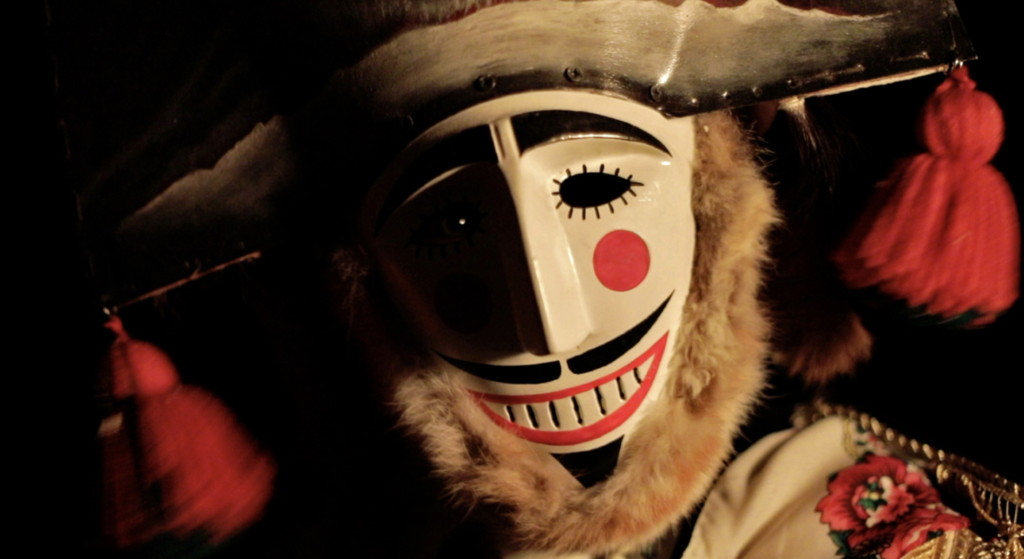
ESBILLA
“La última primavera”. Isabel Lamberti (Netherlands / Spain), 2020. The Gaberre-Mendoza family, from the Cañada Real in Madrid, are forced to abandon the house they had built with their own hands after years with the threat of eviction hanging over their heads.
“Lengua nativa”. David Castro, 2020. Portrait of Asturias with records of Sotrondio, Xixón, Pravia and Lluarca, linked to scenes from 4 films and photographs by Valentín Vega from the 1940s.
“Moru”. Ángeles Muñiz Cachón, 2020. Moru is the life of many people, it is their childhood, their past. People want their old building fixed up so that they can restore their own memories.
“Paco Loco: viva el Noise”. Daniel Cervantes, 2020. A journey into the depths of the mind of Paco Loco, a key figure in the shaping of Spanish underground music.
“Siberia”. Manuel García Postigo, 2020. Life in Siberia is monotonous between day-to-day obligations. Few things disturb the daily routine in the village. The gap between the rural and the urban world is abysmal in this isolated region.
“Tierra de leche y miel”. Héctor Domínguez-Viguera, Carlos Mora, Gonzalo Recio, 2020. A choral portrait that moves from the wounds of the Balkan war to the current reality of Syrian refugees in Greece, focusing on a general problem that is perpetuated over time without finding a solution: That of the protection needed by those fleeing barbarism.
“Una revuelta sin imágenes”. Pilar Monsell, 2020. One of the most unknown uprisings in our history, "El Motín del Pan", was led by women in the city of Cordoba during the month of May 1652.
“Vicente García Riestra, guardián de memoria. Una historia de Buchenwald”. Alberto Vázquez García, 2020. Biography of Vicente García Riestra, Asturian survivor of the Buchenwald concentration camp. The documentary covers his escape to France with thousands of Spaniards, his entry into the Resistance, his detention and deportation to Bunchenwald.
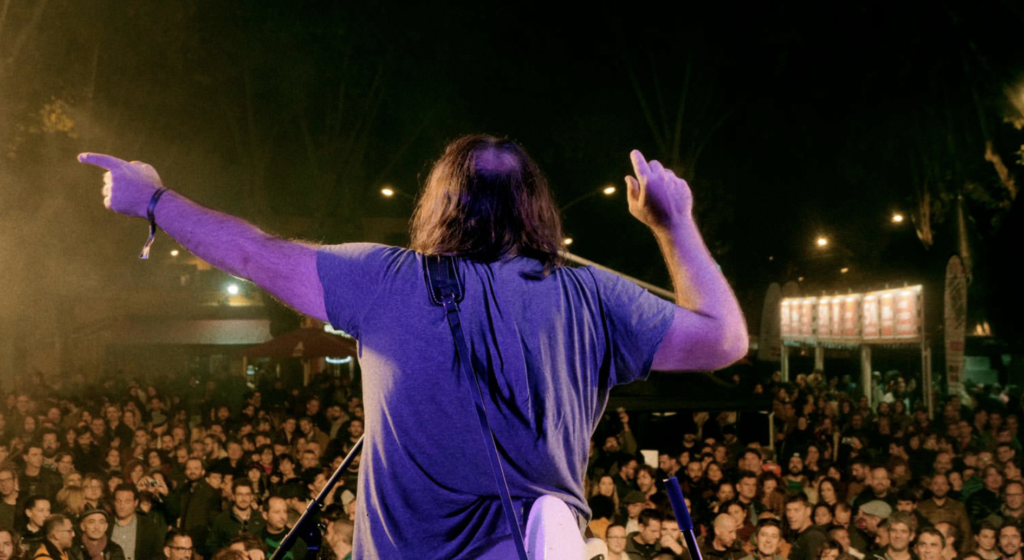
ASTURIAS SHORT FILMS - COMPETITION
“Atraco al Banco de España”. José Riveiro, 2020. In 1923 the Bank of Spain's office was robbed in Gijón. The loot exceeded half a million pesetas, making it the most important robbery ever carried out in Spain, as well as triggering a multitude of historical events.
“Extintor”. Rodrigo Sopeña, Joana Solnado, 2019. Milagros is obliged to install a fire extinguisher in the chapel. But first she will have to ask someone's permission...
“Karten”. Nacho González, 2020. She has to get somewhere, but she doesn't know the way; her smartphone is all she needs.
“Still Hungry”. Elmer Guevara, 2020. It is a short story about the evolution of skateboarding that was born in the streets of Gijón, Asturias, and tells the story of how the scene was in the city in the late 80s, 90s and how it is today.
“Timbres”. Diego Garot, 2020. Olga's drawing reflects what she observes every morning from the window: a building, a cross for every light that remains on.
“Valdediós”. Elena Duque, 2019. In Valdediós, Gualterius built a monastery in the 13th century. In Valdediós there is a wall, there is a horse, there is a road, there is the whole universe.
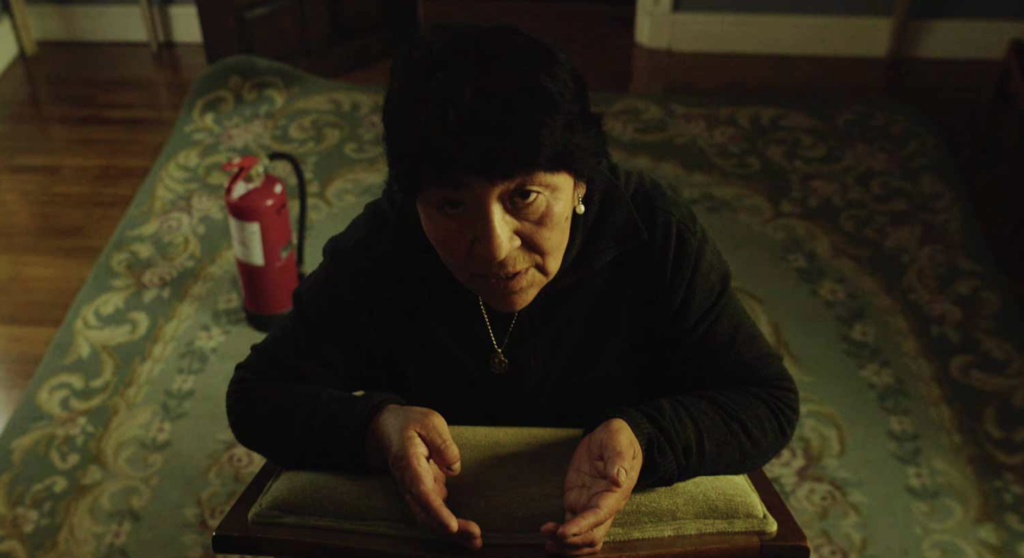
ASTURIAS SHORT FILMS – EXHIBITION
“Efecto Zeno”. Raquel Ordás Diez, 2020. Mujer, víctima de violencia de género, sobrevive en su vida cotidiana mediante varios trabajos precarios que las interminables entrevistas de trabajo no parecen mejorar.
“El fin de la cuarentena”. Laura Bueno Tejerina, 2020. In the midst of the global COVID 19 pandemic quarantine, a young woman, who is experiencing the consequences of being at home for so long, wakes up to the possibility of getting out of confinement.
“Galatea”. Ida Segel, 2020. Experimental short film about the psychological dissociation of a woman, victim of gender violence, who dialogues with herself after having internalized the surveillance and censorship behaviours of her partner.
“Jackie Kane”. José Luis Velázquez, 2019. Santi is a university professor who in the near future is forced to teach his classes from home because everything has drifted towards home consumption: shopping, friends in social networks, sex, education...
“La operación”. David P. Sañudo, 2019. This is the start of the story: "Honey, they're going to put Stalin's face on me!''
“Pueblu”. José Fernández Riveiro, 2020. The residents of Loredo, a small village in Mieres with less than 70 inhabitants, tell us how they see the past, present and future of the village, from their respective points of view.
“Tiempos salvajes”. Aarón Cosver y Félix Picó, 2020. The good and peaceful Manchirrín, a conformist by nature, will be forced to leave his comfort zone when he encounters his reality, which is being approached by two strange strangers lost in a ditch with no time to lose.
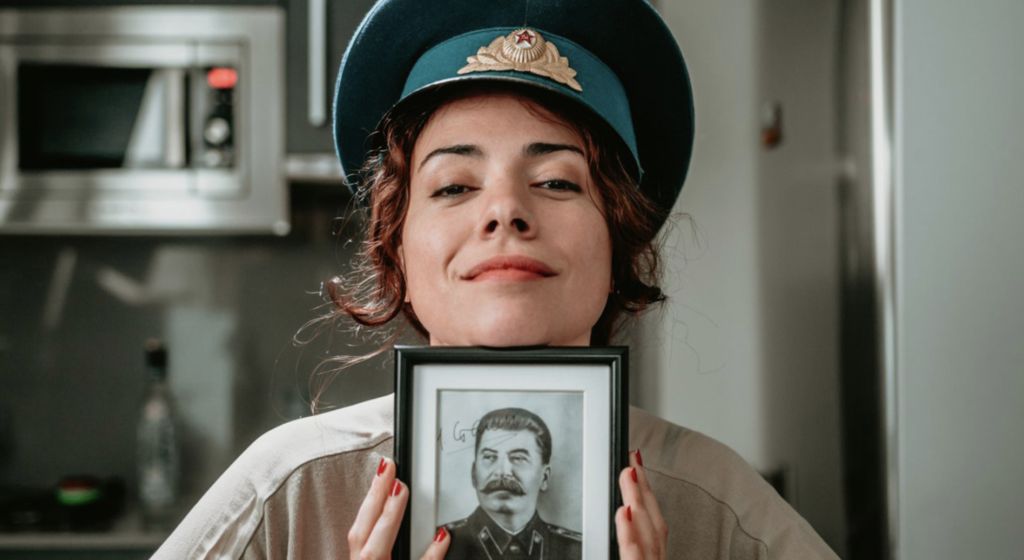
ENFANTS TERRIBLES
“Un trabajo justo”. Guillermo Alba Buitrón, 2020. Short film about a Nigerian immigrant goes for a construction job interview.
“¿Y si…?” Laura Ubach Fernández, Paula García Fernández. Short film. In a world where homosexuality is the norm, a girl begins to be attracted to a boy from class, but out of fear tries to deny him in order to avoid being discriminated against.
All the films can be seen on FICX.TV, which offers the viewing link, the periods of time in which they will be available, as well as live transmissions of the presentations, debates, workshops and the rest of the online activities that make up the programme. And where you can also find all the information and complementary cycles of the Festival, which this year we have reinvented in the online format due to the health circumstances caused by the COVID pandemic.
So let's forget about the anguish and enjoy.
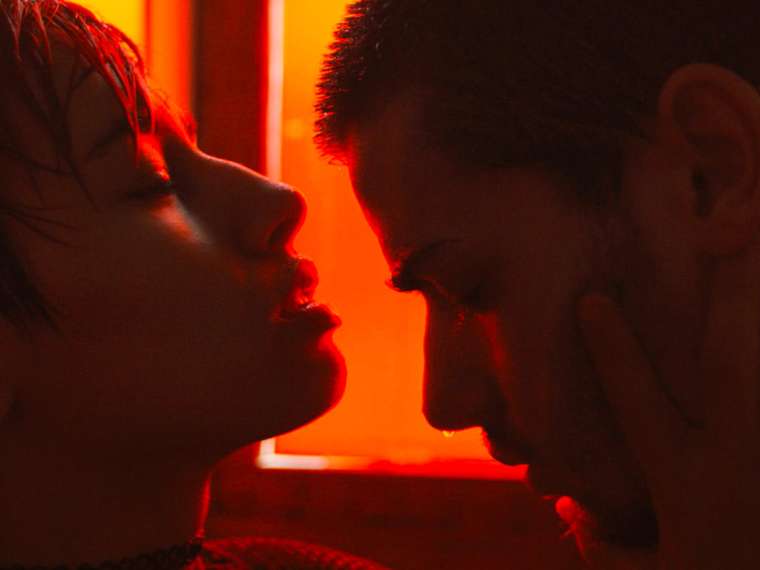
In this 58th edition of our/your Festival, which starts this Friday November 20th (you have all the info in FICX.TV), you can enjoy more than 30 Spanish films.
Their presence in the programming responds to our objective to promote the Spanish and Asturian talent. The FICX consolidates this year its commitment to independent cinema, the discovery of new authorships, as well as the support to works without assured commercial distribution still in our country (more than 90% of the program).